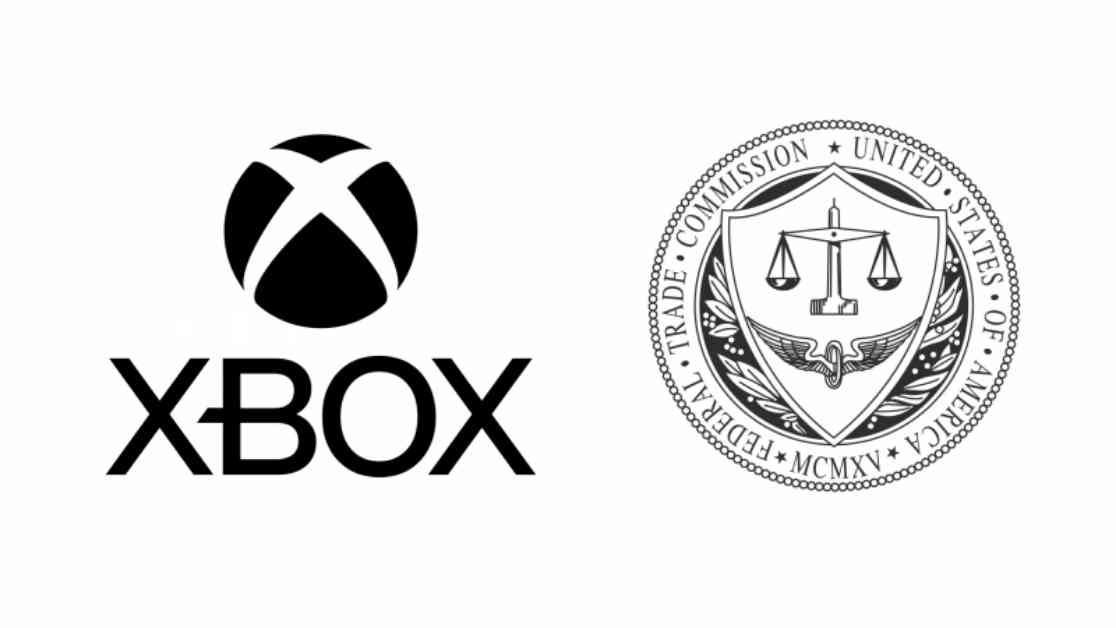Last week, Xbox made an announcement about introducing new Game Pass tiers and increasing subscription prices for existing members starting on September 12. This move was met with criticism from the Federal Trade Commission (FTC), which filed a complaint with the US Court of Appeals for the Ninth Circuit.
Microsoft unveiled a new tier known as Xbox Game Pass Standard, which costs $15 per month for new members. This tier does not include day-one releases, EA Play, PC Game Pass, or cloud gaming. On the other hand, Xbox Game Pass Ultimate, which offers all these perks, will see its monthly price go up from $17 to $20. The Xbox Game Pass Core subscription, which provides online play and a smaller game library, will have its yearly fee increased from $60 to $75, while the monthly fee remains unchanged at $10. PC Game Pass will also experience a price hike from $10 to $12 per month.
Moreover, the $10.99 Game Pass for Console will no longer be available to new subscribers as of July 10. Existing subscribers who do not renew their membership will be locked out of this tier and forced to subscribe to a more expensive option.
The FTC expressed its disapproval of Microsoft’s decision to discontinue Game Pass for Console, arguing that users would face an 81% price increase if they switch to Game Pass Ultimate. Those who opt for Game Pass Standard instead will miss out on day-one releases, leading the FTC to describe it as a “degraded product.” The commission believes that these changes, along with the price hikes for existing users, are detrimental to consumers and raise concerns about Microsoft’s market power post-merger with Activision Blizzard.
Furthermore, the FTC criticized Microsoft for failing to fulfill its promises made during the Xbox FTC trial. The commission highlighted Microsoft’s commitment to offering Call of Duty games on Game Pass without a price increase following the acquisition, which seems to contradict the recent price hikes and product changes. This discrepancy in Microsoft’s actions has raised doubts about the company’s intentions and the potential impact on consumers.
The FTC’s stance against Microsoft’s pricing strategies and product alterations underscores the importance of regulatory oversight in ensuring fair competition and protecting consumer interests in the gaming industry. It remains to be seen how Microsoft will respond to these criticisms and whether any changes will be made to address the FTC’s concerns.





















